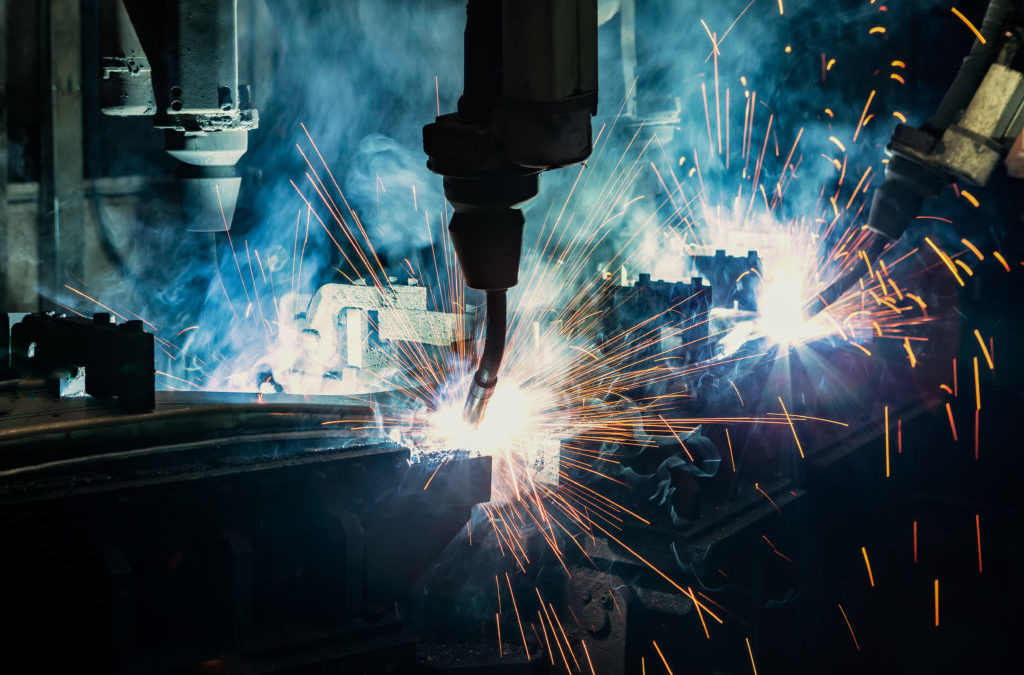Over the past 20-30 years, the materials we see most often used in manufacturing vehicles have begun evolving. Why?
A common goal amongst most, if not all industries is to be as efficient as possible while maintaining the quality of the product. When it comes to the automobile industry, one way to accomplish this is exploring other materials. Since beginning this process, researchers have realized there are more options than just steel when it comes to making cars. The goal here is to find lighter materials. The lighter the car, the less energy necessary to get from one place to another. However, just because it might use less energy doesn’t mean it’s a better alternative to the standard materials. Here are few details you should know about the different options…
Magnesium: The least compact of all the options listed, magnesium offers the greatest difference in weight. Unfortunately, that benefit is met with numerous technical issues when it comes to utilizing it in the automobile industry. It is expensive, hard to obtain in large quantities in the United States, has low ductility and corrosion performance.
Titanium: A unique characteristic of titanium is its ability to withstand high temperatures. It is a lighter alternative, although not to the same degree as magnesium. It is more expensive and not easily shaped.
Carbon-Fiber Composites: Stronger, lighter, stiffer…if only carbon-fiber composites weren’t so expensive to produce.
Aluminum: Already used in many car parts, we are more familiar with aluminum than some of the other options listed. Aluminum struggles when combined with other materials. Since it is on the pricier side, this poses a problem when you start to incorporate different metals.
Advanced High-Strength Steel: Because steel has been the primary material for the majority of the automobile’s lifetime, there have been many advancements and improvements to it. It can be up to 25% lighter and has a higher level of ductility compared to standard steel. It still falls behind aluminum as a lightweight material, but it is more affordable.
As the industry continues to progress, you might see more of these various materials being utilized in automobiles. The more you know, the better you can judge the vehicle(s) you’re considering. At Spear Industrial, we strive to constantly stay up to date on knowledge of materials we may be working on with our clients. Call us today to find out how we can help with your next industrial project 432-606-4093.

